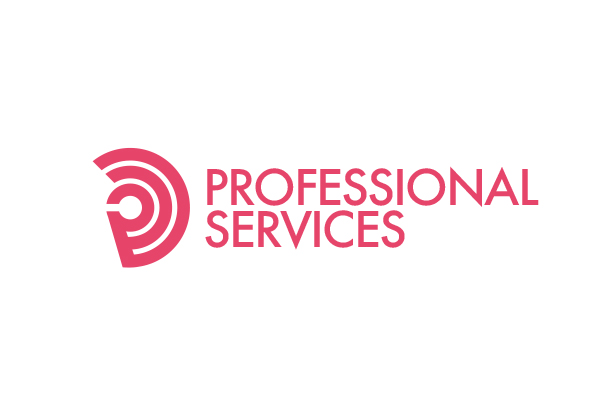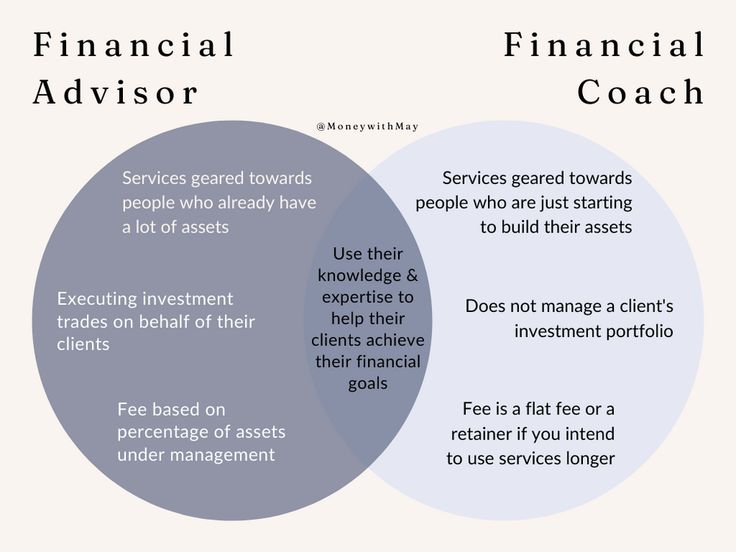
Software Engineers are responsible for solving many problems in computer science at Google. You will work with this team to build tools, infrastructure, harnesses, and other components that improve engineering speed and product quality. Engineers love building tools that improve engineering processes. They hate taking shortcuts in the code and manual tasks. They prefer to use automation and measurement to accomplish their work more quickly. Learn more about Software Engineers at Google's job responsibilities and benefits.
Salary ranges
Software engineers can earn up to $135k annually. Google engineers work across departments on key projects. Google highly values full-stack engineer with wide skills and extensive experience. Salary ranges for these employees range from $81k to $315k annually. Former employees at Google claim there are not many opportunities to grow beyond the software engineer position. It is unclear if top-tier engineers get significantly more, despite Google's reputation for high salaries.

Hiring process
There are several steps to hiring Google software engineers. First, the applicant is subjected to a thorough screening process. A group of recruiters review the applicant's resume, then screen it for technical skills and education. After that, the recruiters contact applicants for phone screening rounds. The committee meets to discuss selection and may make a decision. Interviews can take anywhere from 30-60 minutes depending on the job.
Bonuses
Google software engineers receive a variety of bonuses and salaries. New college graduates can expect to make around $150,000 per year plus a $30,000 annually bonus. Talented individuals can also receive salary increases. Currently, the highest-paid software engineers make more than $630,000 per year, including a $80,000 annual cash bonus and $300,000 in stock grants. Bonuses for Google software engineers are paid on a performance-based scale based on performance.
Promotions
Similar to tenure for university professors, the promotion process for Google software engineers follows a similar pattern. Engineers are initially juniors. As their expertise and experience increase, they move up the ladder. The company has 11 levels of advancement, with the lowest one being "Senior Software Engineer." This is the equivalent of an ED at a bank. Engineers at this level should be highly independent and possess exceptional interpersonal skills. Some engineers go on to become DSEs, distinguished software engineers. Next is "Sr. Software Engineer", where they lead a team and have a huge impact. The top engineers at the highest levels reach "Senior Vice President" and "Sr. vice president."

Work environment
Google is the only company that offers cutting-edge opportunities for employees. The company's culture is collaborative and curious. Google engineers are excited to tackle tough technology problems. Google is a technology firm that is open to taking risks and looking big. Instead of working in a cubicle you will be designing tools and products for billions. Here are some common Google practices.
FAQ
What are some of the advantages to being a Consultant?
As a consultant, you can usually choose when you work and what you work on.
This allows you to work wherever and whenever you want.
You can also easily change your mind, without worrying about losing any money.
You can finally control your income and create your own schedule.
How do I attract clients to my consultancy business
It is important to identify an area of passion. It can be anything you like, including public relations or social media. You might have to start small, such as by finding niche markets like web design. Once you find the right niche, it is important to know what makes it tick. What problems does it solve Why should people use this? How can you help them?
You could also approach businesses directly. Perhaps they are looking for someone who can help them understand SEO and content creation or just need advice on social media strategy.
You can also offer your services at events such as networking nights and conferences, if all else fails. It's a great way to get in touch with potential customers, without spending too much on advertising.
How do I choose a consultant?
There are three main things to keep in mind:
-
Experience - How skilled is the consultant? Are they a beginner, intermediate, expert, or some other level? Does her resume reflect the knowledge and skills she has?
-
Education – What did the person learn in school? Did he/she take any relevant courses after graduating? Are we able to see evidence of his/her learning through the way he/she writes
-
Personality - How do we feel about this person? Would you want this person to work for you?
-
These questions can help you determine whether the consultant is right for your needs. If the answers are not clear, it may be worthwhile to interview the candidate in person to get more information about them.
Which industries employ consultants
There are many different types of consultants. Many consultants specialize in a particular type of business. Others may be more focused on multiple types.
While some consultants only work for private companies, others represent large corporations.
And some consultants work internationally, helping companies all over the world.
Statistics
- On average, your program increases the sales team's performance by 33%. (consultingsuccess.com)
- So, if you help your clients increase their sales by 33%, then use a word like “revolution” instead of “increase.” (consultingsuccess.com)
- 67% of consultants start their consulting businesses after quitting their jobs, while 33% start while they're still at their jobs. (consultingsuccess.com)
- Over 62% of consultants were dissatisfied with their former jobs before starting their consulting business. (consultingsuccess.com)
- According to IBISWorld, revenues in the consulting industry will exceed $261 billion in 2020. (nerdwallet.com)
External Links
How To
How To Find The Best Consultant?
The first thing to do when looking for a new consultant is to ask yourself what you want from him/her. Before you start looking for someone to work with, it's important that you know your expectations. You should make a list of all the things you need from a consultant. This could include: professional expertise and technical skills, project management capabilities, communication skills, availability, etc. Once you have identified your requirements, you might consider asking friends and colleagues to recommend you. Ask them about their experiences with consultants and compare their recommendations to yours. If you don't have any recommendations, try doing some research online. Many websites allow people to post reviews about their work experience, including Angie's List and Indeed. Consider the ratings and comments of other candidates and use these data to start your search for potential candidates. Finally, once you've got a shortlist of potential candidates, make sure to contact them directly and arrange an interview. In the interview, discuss your needs and ask them for their suggestions on how you can achieve them. It doesn't matter if they were recommended to your company; all that matters is that they are able to understand your business goals and show how they can help.